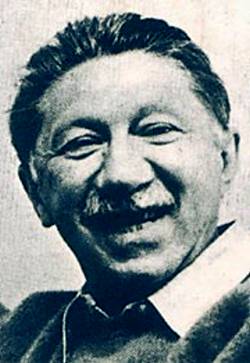What Is Self-Actualization in Psychology?
Self-actualization involves reaching your full potential as an individual. Learn more about how you can become a more self-actualized person.

Self-actualization involves reaching your full potential as an individual. Learn more about how you can become a more self-actualized person.

The humanistic psychologist Abraham Maslow devoted his research to the study of maximizing human potential. His approach to psychology was all about helping people live the best lives they possibly could. In his famous hierarchy of needs, Maslow placed self-actualization at the peak human needs. He identified a number of different characteristics of self-actualized people….

The humanistic theory of psychology, also known as humanism or the humanist perspective, is a movement that stresses the inherent goodness in people. Rather than focusing on what’s wrong with people, the humanistic theory of psychology takes a more holistic approach, looking at the individual as a whole and stressing the desire for self-actualization. Origins…

Maslow’s hierarchy of needs is a theory of human motivation suggesting that behaviors are driven by increasingly complex needs. The hierarchy is usually depicted as a pyramid. The most basic needs make up the base, and complex needs are found at the peak. The five levels of the hierarchy of needs are: The purpose of…

Abraham Maslow was an influential American psychologist who founded the school of thought known as humanistic psychology. His famous hierarchy of needs describes how people are motivated by increasingly complex needs. Maslow was inspired to develop his theory by his dissatisfaction with some of the major theories of psychology that existed at the time. He…

According to humanist psychologist Carl Rogers, human beings have an innate drive to grow as individuals and to achieve their full potential. He referred to this desire as the actualizing tendency. Self-Actualization and the Actualizing Tendency Rogers believed that the underlying motive that all people share is a need to become self-actualized. The self-actualized person…

In Carl Rogers’s theory of personality, the organismic valuing process refers to evaluating subjective experiences to determine their possible impact on self-improvement. The concept is rooted in humanistic psychology and Rogers’ client-centered therapy. Essentially, Rogers proposed that people possess an innate tendency to evaluate their lives and experiences based on their own internal, subjective frame…